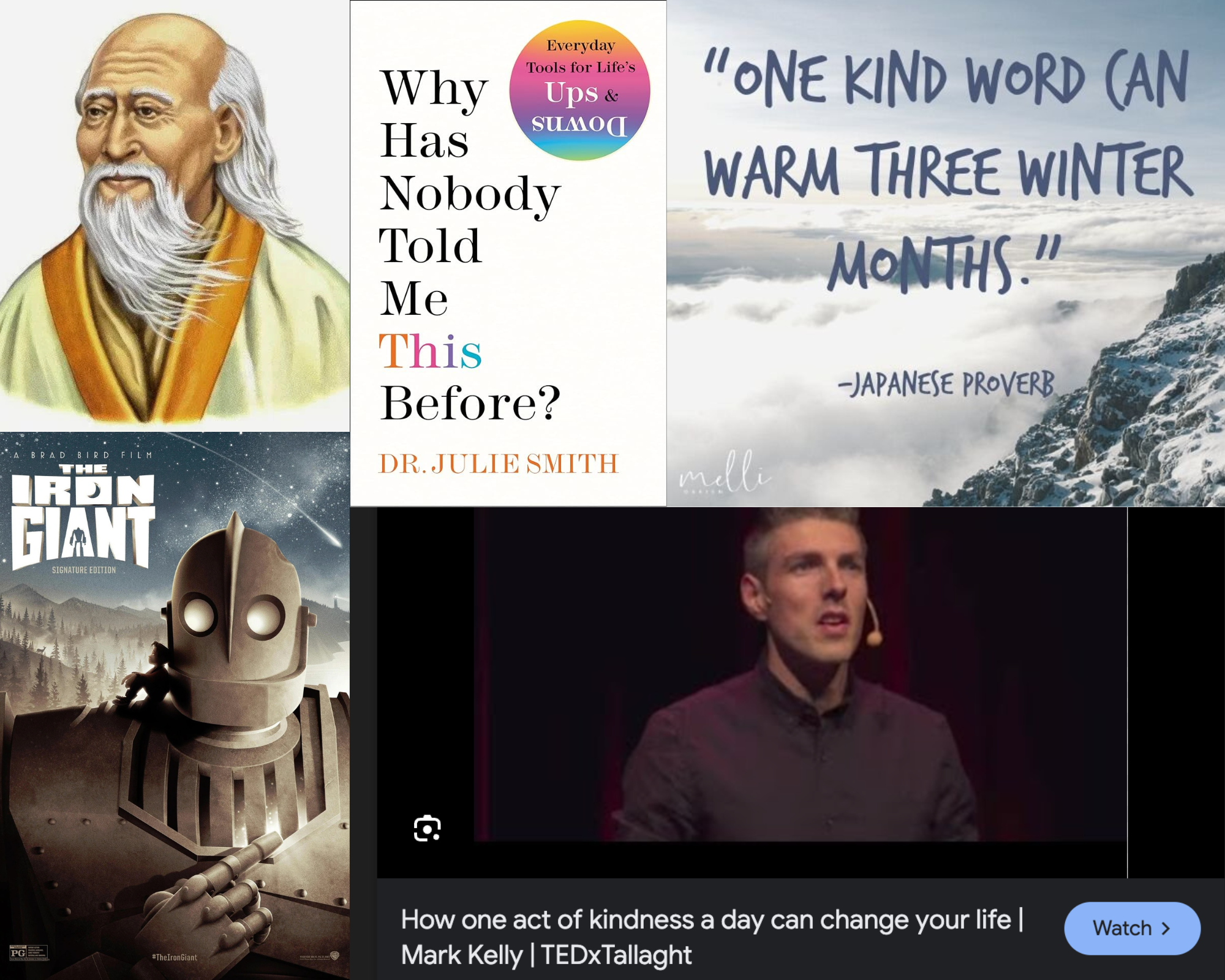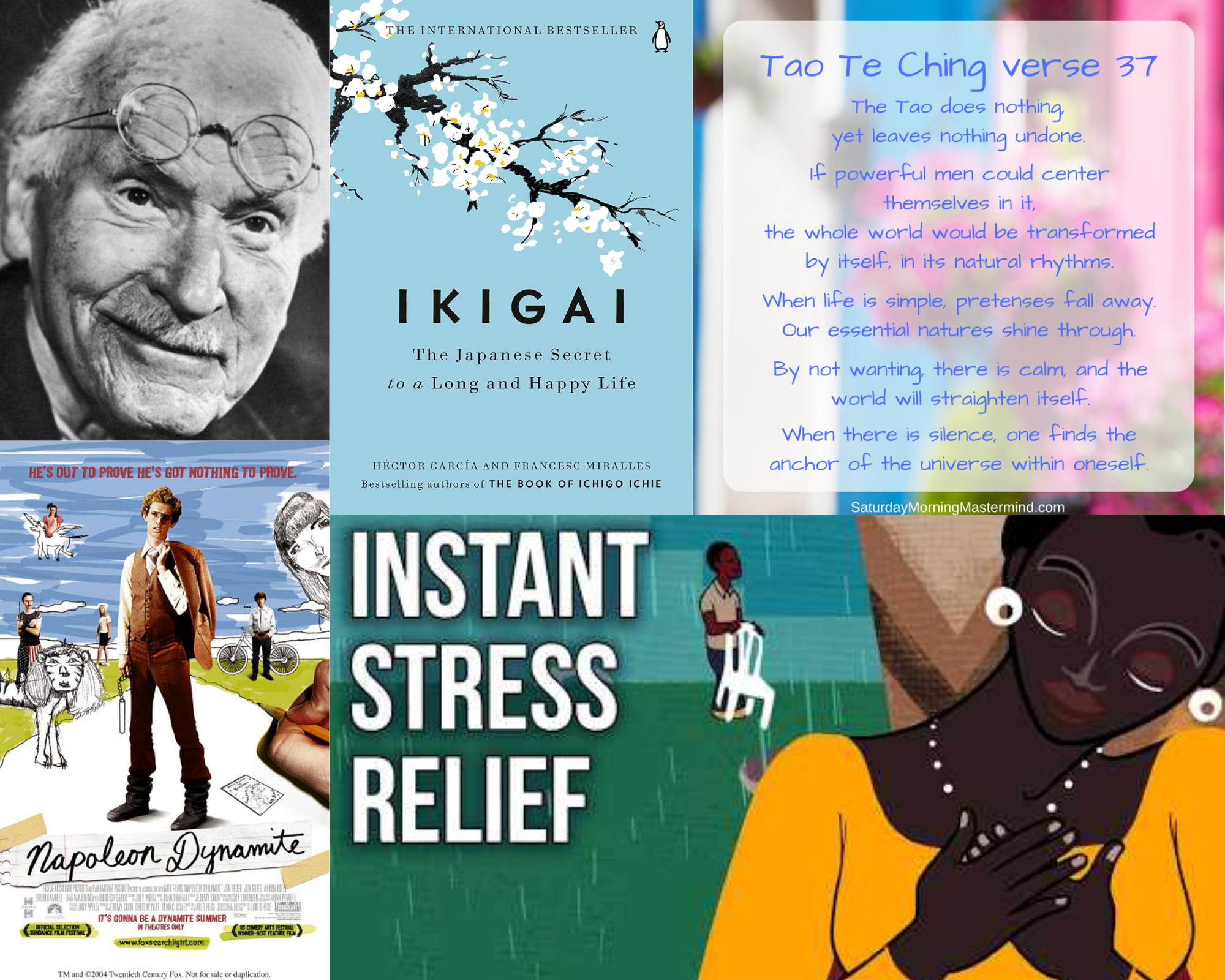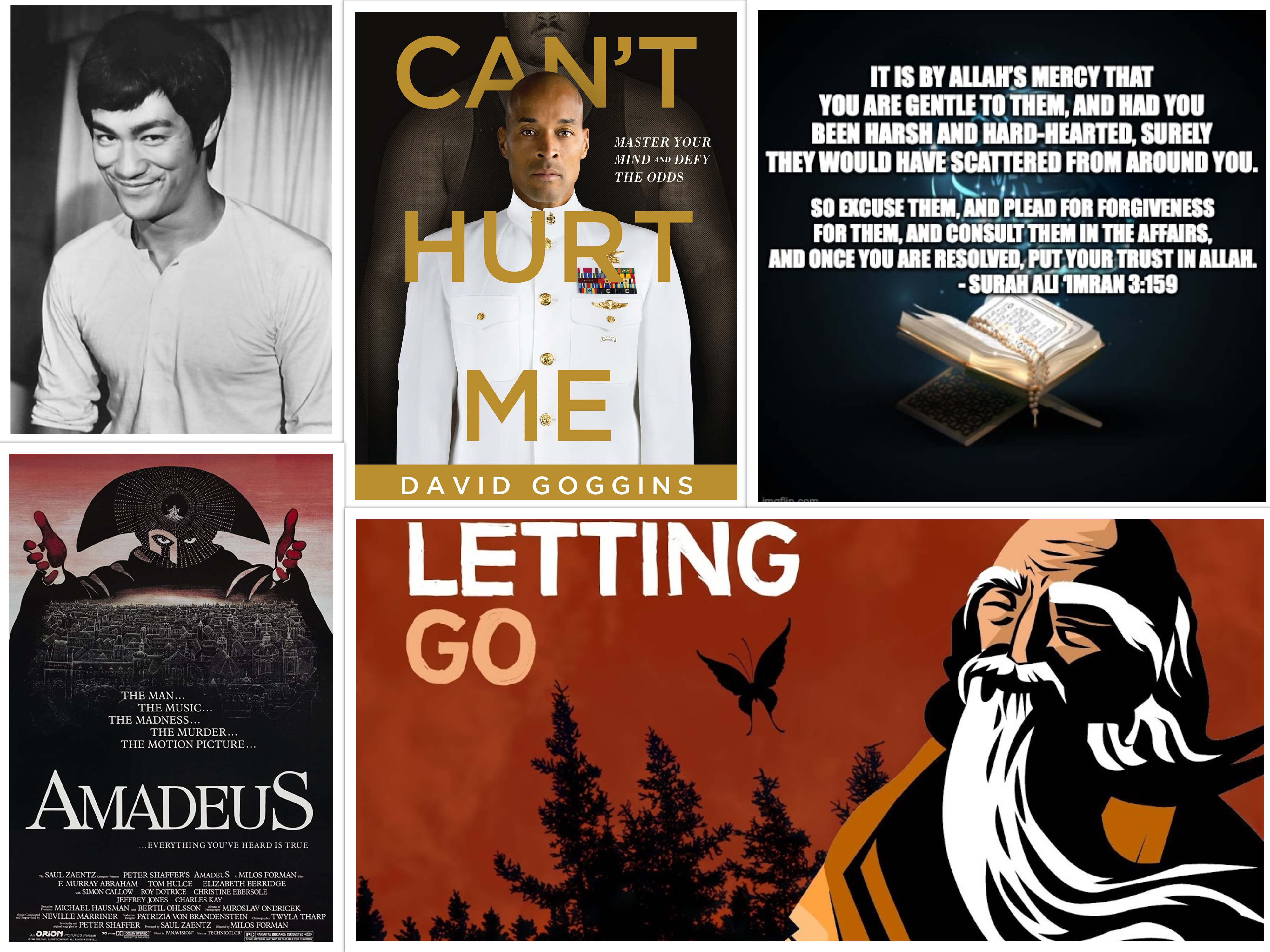Sunday Supplement #181 (October 27th, 2024)
Below is another Sunday Supplement with a quote worth sharing, a book worth reading, a movie worth watching, brainfood worth consuming, and a spiritual passage worth pondering.
Please take something away from these recommendations that enriches your week ahead!
Quote of the Week:
“Kindness in words creates confidence. Kindness in thinking creates profoundness. Kindness in giving creates love.”
– Lao Tzu
Book of the Week:
Why Has Nobody Told Me This Before? – Dr. Julie Smith
Clinical psychologist Dr. Julie Smith answered a patient’s question, “Why Has Nobody Told Me This Before?” with this debut novel.
Smith discusses while some people need and could benefit from a trained psychologist or psychiatrist, there are many everyday tools that you can use to help improve your mental health outside of a therapist’s office.
Psychologists use these tools to help their patients, and Smith wanted to write a book that shares the basics for anyone to pick up.
I’ve encountered most of the principles and teachings in Smith’s book, but I think it’s an excellent guide for those interested in taking control of their mental well-being.
Movie of the Week:
Brad Bird (writer/director of Ratatouille and The Incredibles) made his first writer/director debut with the 1999 animated film The Iron Giant.
The story is set during the Cold War in the 1950s and follows a young boy, Hogart, who befriends a giant alien robot from outer space. A paranoid government agent leads the charge of finding and destroying Hogart’s new friend.
Jennifer Aniston, Vin Diesel, and Christopher McDonald are just a few of the voice actors involved in the production.
Although The Iron Giant flopped at the box office, it went on to become a classic in animation. I highly recommend checking it out.
Brainfood of the Week:
How One Act of Kindness a Day Can Change Your Life | TEDx – Mark Kelly
Mark Kelly’s podcast What I Know Now introduces listeners to inspirational leadership and personal development stories.
In this video, Kelly discusses his journey of looking for more ways to perform acts of kindness and how that benefits the giver as well as the receiver.
The TEDx Talk is a six-minute video, but it’s an interesting story with an important message about incorporating acts of kindness into your day for yourself and others.
Closing Spiritual Passage:
“One kind word will warm for three months of winter.” (つの優しい言葉は冬の三カ月を温める)
– Japanese Proverb
This Japanese proverb has a fairly straightforward message of how kind words can have positive effects long after they are spoken.
However, I particularly enjoy the words used to describe the effect of one kind word spoken. For me, winter in this proverb describes a time when you are isolated, and the warmth of a kind word offers connection, comfort, and hope.
The proverb reminds me of moments when someone has gone out of their way to say something kind to me. They may never know the impact of their actions, but I remember how much they helped, and I try to pass that on when I can.
Look for moments where you can be kind, and have a blessed week ahead!




